Your Trusted Dentist in Oklahoma City, we love what we do! Our primary focus is to transform the health and radiance of our patient’s smiles to reflect their inner peace, joy, and confidence! By doing this, we believe that our team brings healthier and happier smiles. We recognize the importance of treating our patients with respect, compassion, and kindness; not just providing the care they need, but also providing the care they deserve. Call today to schedule!
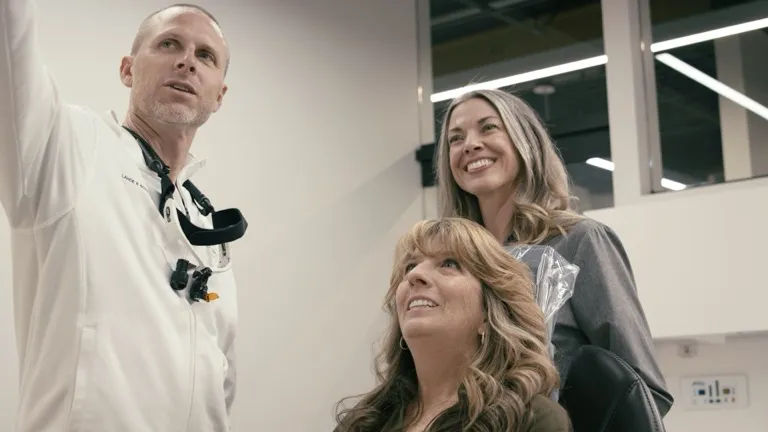
Dentist in Oklahoma City, OK
Elevate your life and bolster your confidence through world-class dental care. Let us craft a radiant smile tailored just for you; book your appointment today and embark on a journey to enhanced self-assuredness and well-being
Reveal your best self with the transformative power of restorative dentistry. Join us on a journey towards a smile that amplifies your inner brilliance; schedule your appointment today!
Your smile deserves the very best, and we're here to nurture it with you. Reach out today, and together, let's embark on a journey to a brighter, healthier smile
Welcome to Reflections Dental Care!
Best Dentist Oklahoma City, OK

Passion: Our team loves what they do. Whether it’s a routine check-up or a root canal, we take great pride in providing exceptional service. Our family-oriented practice stays up to date with the latest procedures, techniques, and training, ensuring you receive state-of-the-art treatment. We’re truly passionate about teeth!
Compassion: We understand the importance of a comfortable and relaxed dental experience. Having been in the dentist’s chair ourselves, we strive to make every visit painless and anxiety-free. Our variety of services is designed to reduce any anxiety you might have, and we offer options for a completely painless experience. If you have questions or concerns, our friendly staff is here to assist you.
Teamwork: At our family dental clinic in oklahoma city, we believe in the power of teamwork. Each member of our practice supports and helps one another, ensuring a welcoming and supportive environment for our patients.

Experience: With almost four decades of combined experience, our dentists, Dr. Schmidt, Dr. Bockus, and Dr. Thomas, have the expertise to handle any dental procedure. Collaborating seamlessly with our dental office staff, you can trust that you’ll receive top-quality care.
Options: We believe in providing you with personalized dental solutions. Our dental clinic sets itself apart by tailoring a dental health program specifically for you, based on your individual needs. We’ll present you with the pros and cons of each option, empowering you to make an informed decision.
Respect: We value your time and understand your responsibilities. That’s why we keep wait times as short as possible. Additionally, we respect you as a person, and your doctor will personally follow up with you after your treatment.
At Reflections Dental Care, we are dedicated to creating an environment of compassion and excellence in dentistry. From your very first appointment, you’ll experience our commitment to this goal. If you’re in need of a dentist in Oklahoma City, contact us or make an appointment online. Discover why our patients love coming to see us at our dental clinic in OKC.
Dentist OKC: Making Smiles Confident with Skill and Kindness

We are a team of dentists offering multidisciplinary care. Instead of one dentist trying to do it all, our group of dentists prefer to compliment each other’s skill sets for your benefit. Do you know any family physicians that also replace hips? You’re smart, you get the point.
We are specifically designed to care for patients that have comprehensive complex needs and we also always make room for healthy new patients too. We offer a wide array of services where each of our dentists in OKC focuses on their areas of interest and skills. For example, this includes cosmetic dentistry services, which are tailored to enhance the aesthetic appeal of your smile, offering treatments such as teeth whitening, porcelain veneers, and clear aligners (for example, Invisalign) for discreet orthodontic solutions.
Additionally, some of our doctors’ skills extend to advanced treatments such as dental implants and permanent dentures, showcasing our commitment to providing comprehensive and cutting-edge care. We also provide dental sedation for patients seeking a more relaxed treatment experience. For those in need of restorative dental procedures, our team provides restorative dentistry, root canal therapy, cold sore laser therapy, and CEREC dental crowns, utilizing advanced techniques to restore the health and functionality of your teeth.
Schedule An Appointment Today!
Reflections Dental Care is dedicated to family-friendly dentistry, where some of our dentists focus on offering pediatric dentistry services to ensure the oral health of our youngest patients.
Naturally, our team of OKC dentists also enjoys providing general dentistry, where our experienced professionals focus on preventive care and routine check-ups to maintain your oral health. From early childhood to those with decades of birthdays behind them, you and your family will be taken care of.
Meet the Dentists
Our doctors are passionate about the work they do and are eager to bring you a healthier smile through their skills and expertise.

Lance R. Schmidt, DDS

Nadine Abdelkader, DDS

Marie Bockus, DDS

Joanne Thomas, DDS
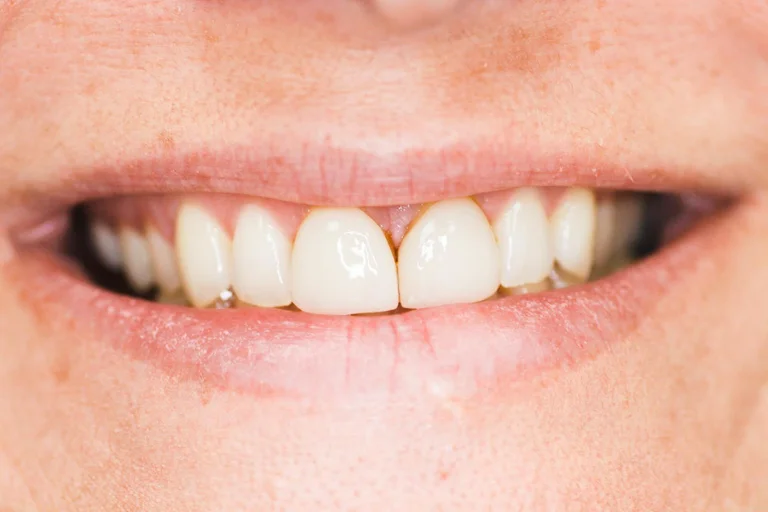
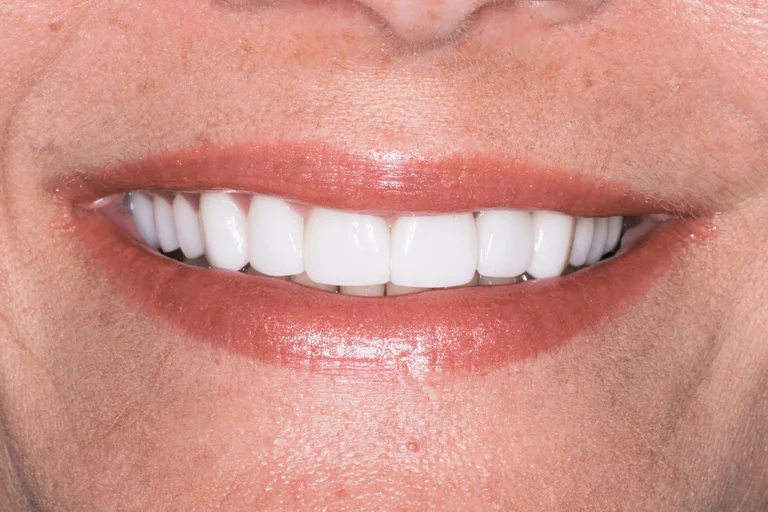
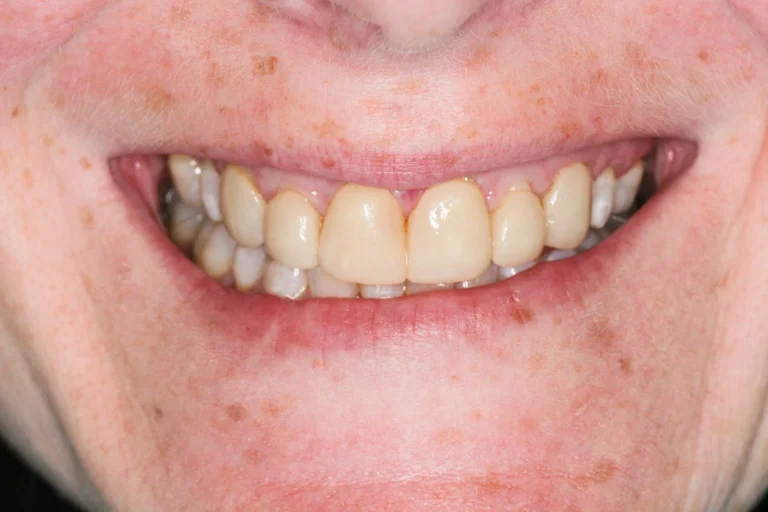
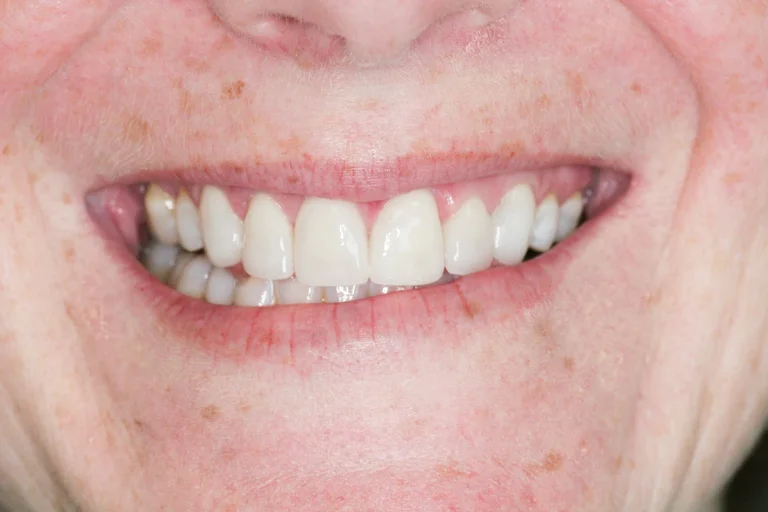
Before & After 3 on 6 Dental Implants
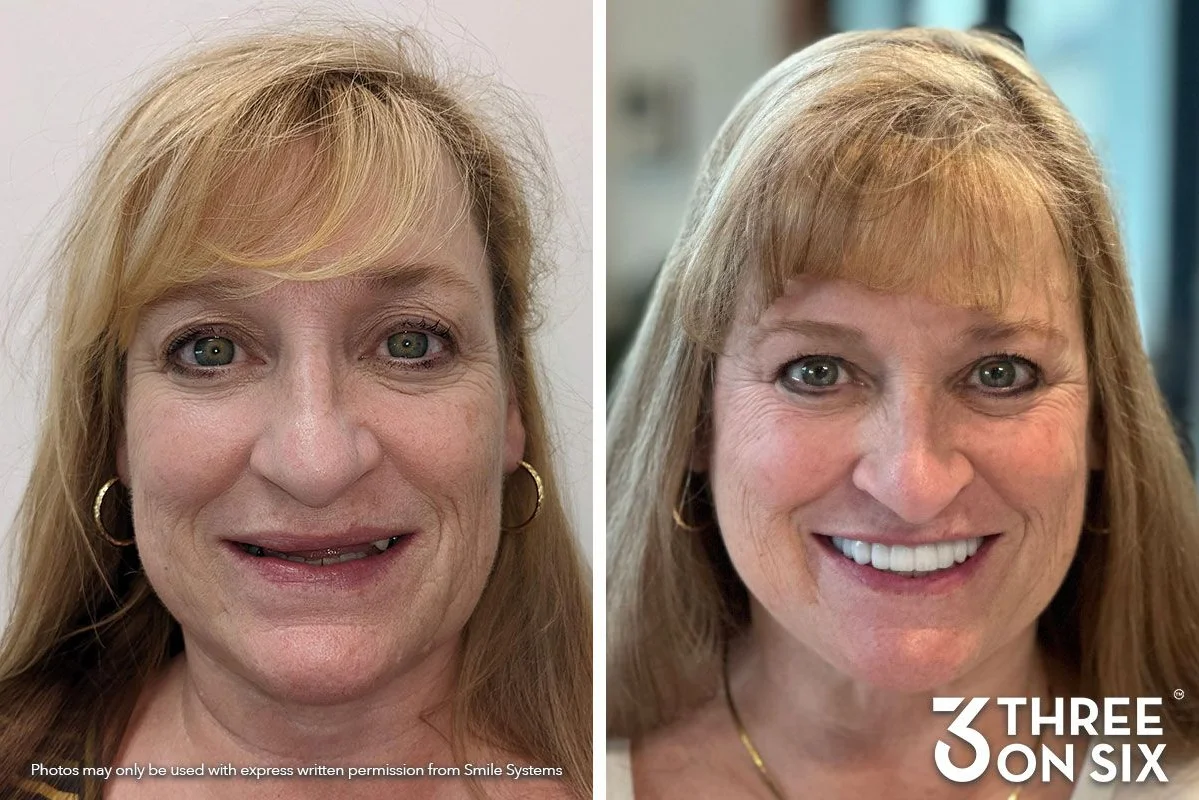
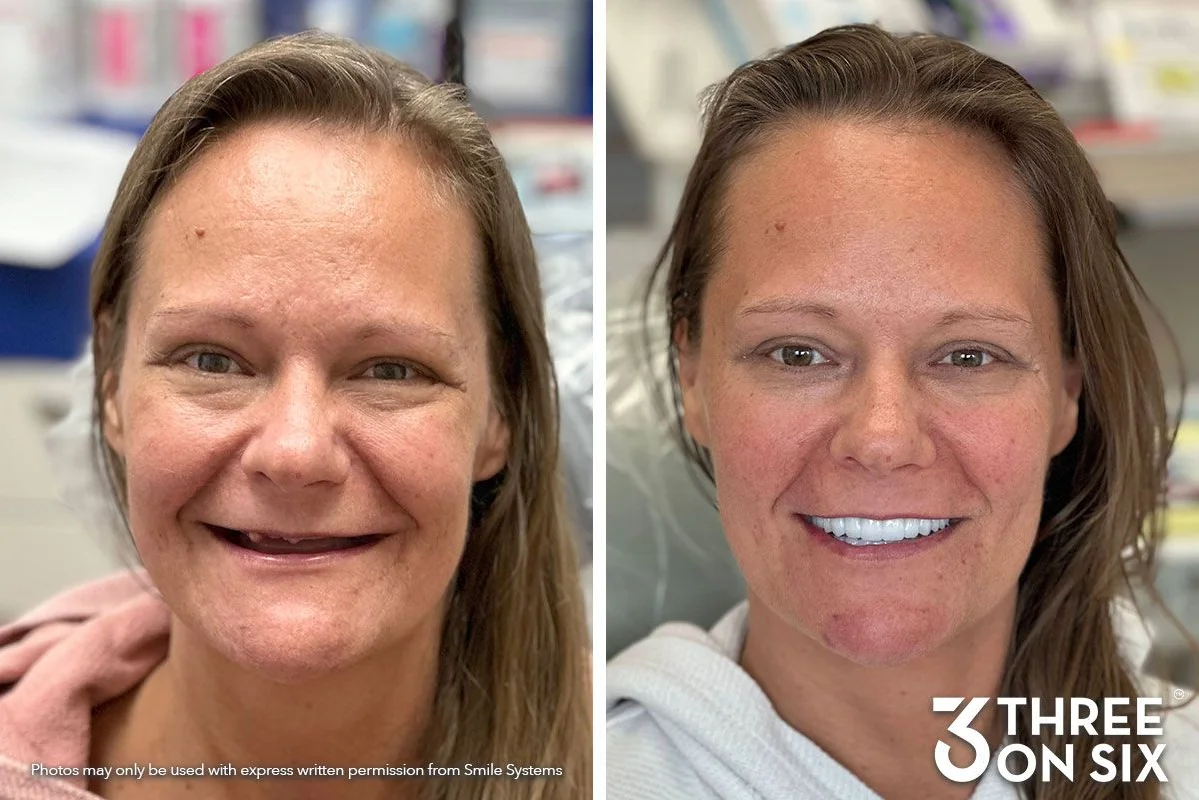
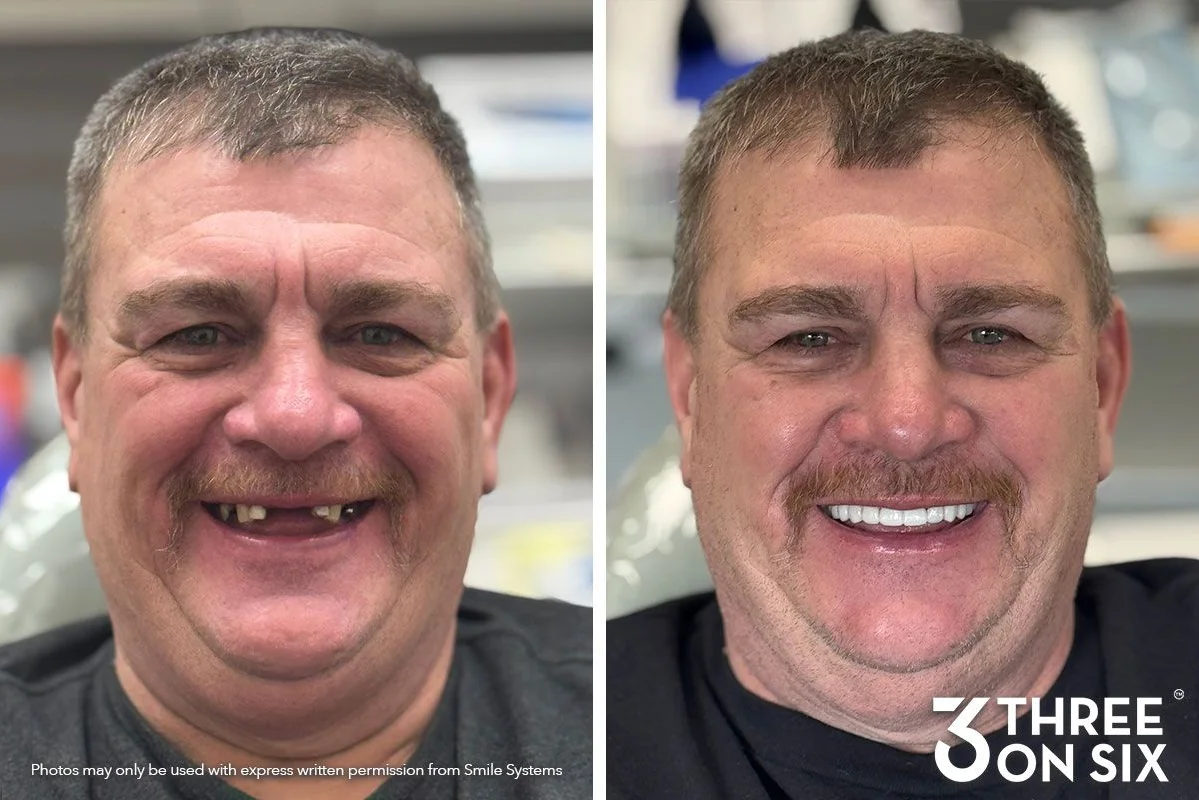
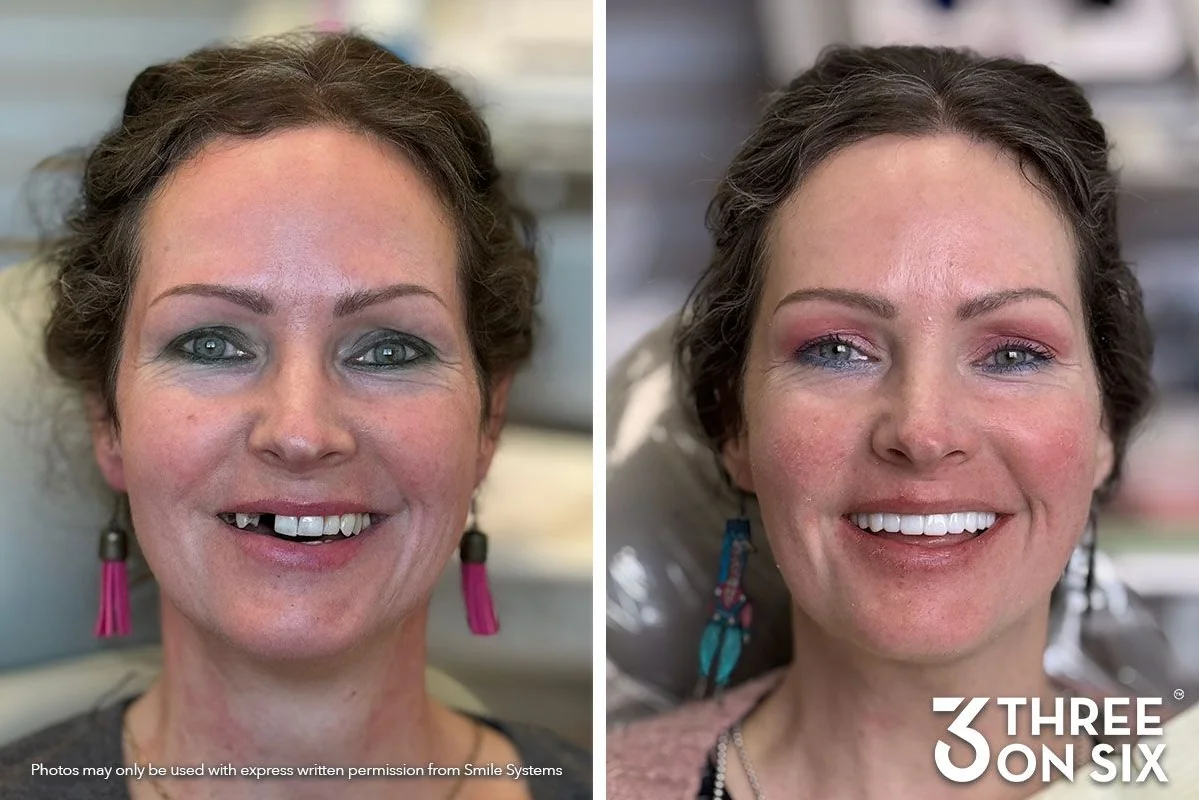
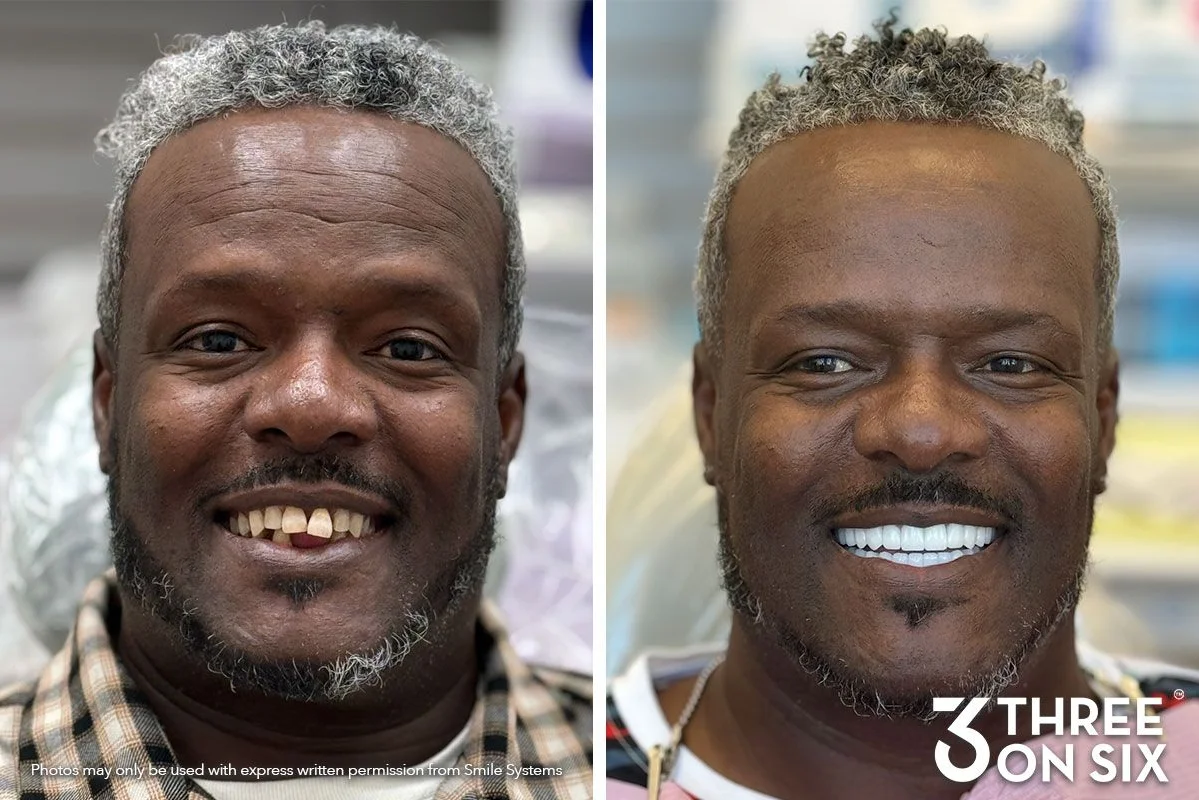
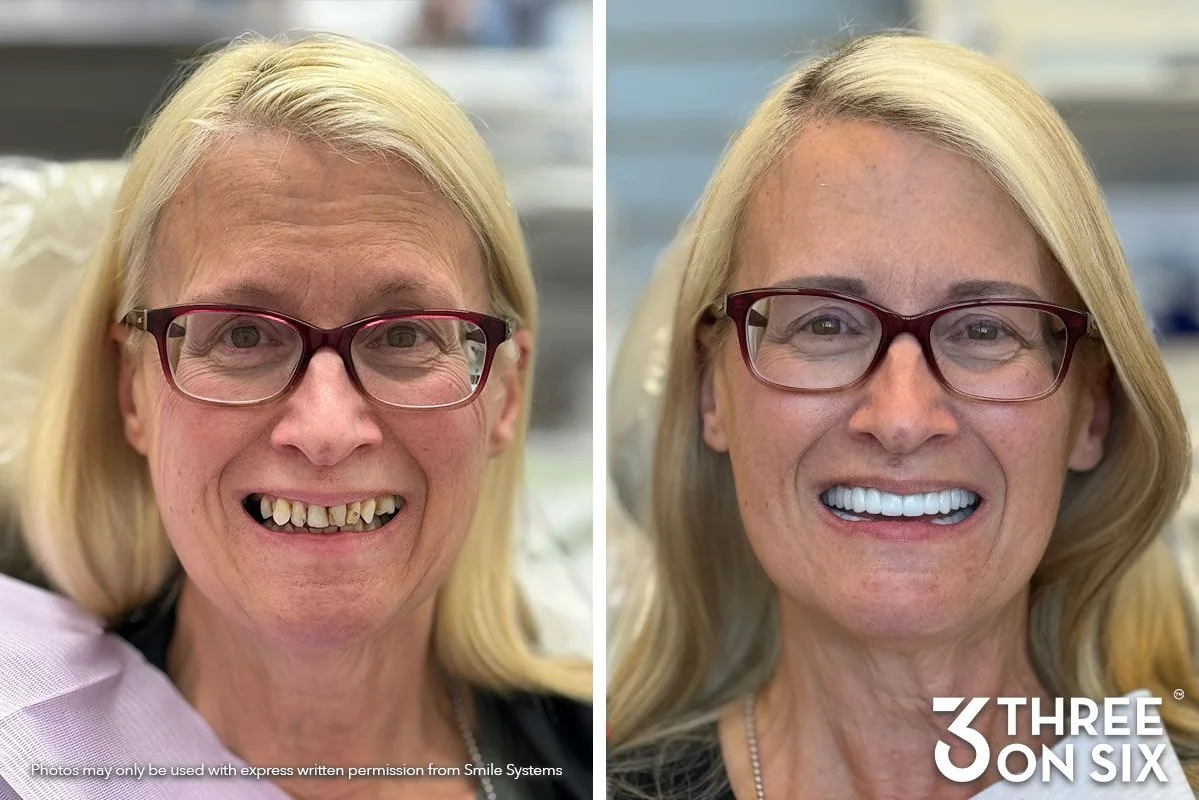
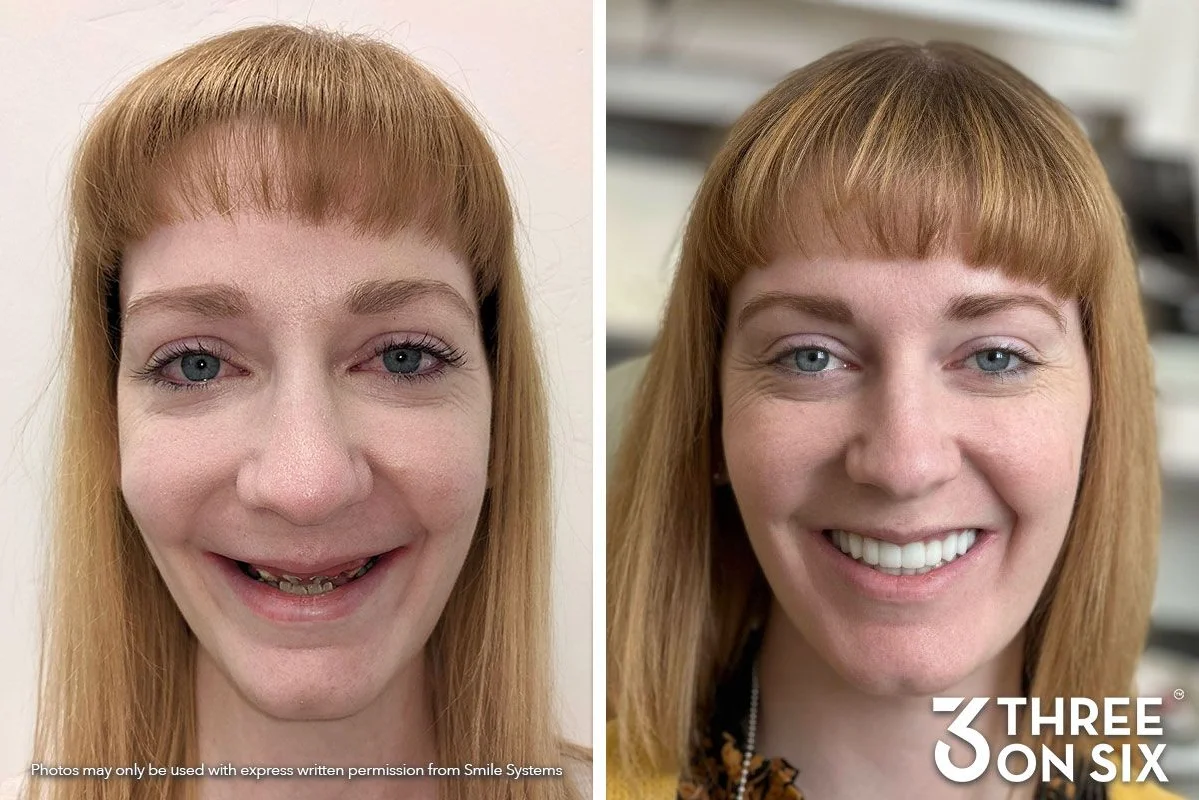

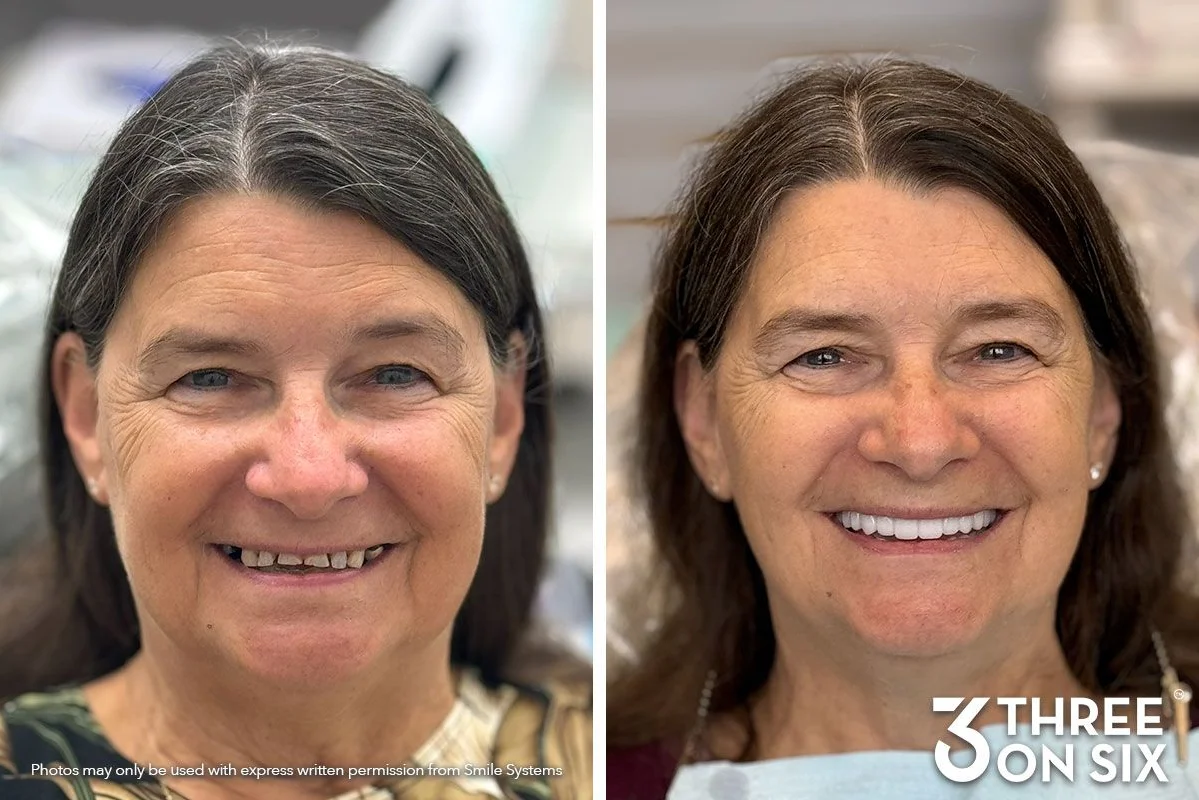
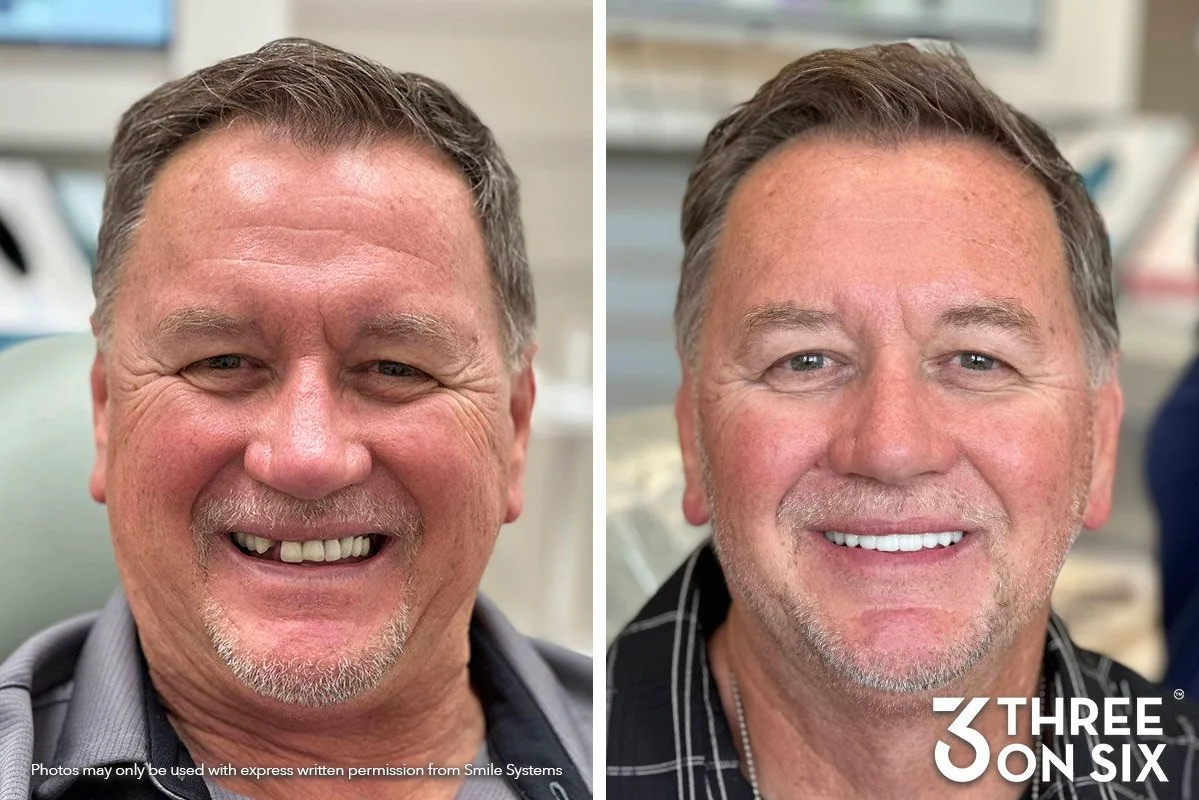


What People Are Saying
This is an awesome place to go to for dental care. When dealing with very high dental anxiety, they are always very understanding, patient, and caring. I have never felt rushed in any service received. When they visit with me they are fully focused on me and don’t act pressed for time. Everyone is super personable from the time you walk in to the time you walk out. The team and doctors are great.
Alicia R.
The dentist is the best I've ever been to. After going here, I would never want to go anywhere else.
Gabby S.
The team is very kind. I was very anxious and even cried at one point. They didn’t make me feel awkward or ashamed of it. I recommend this dentistry to anyone who feels anxious going to the dentist. They really take the time to make you feel comfortable and heard.
Brit D.
FAQs
We have a variety of services. For example, we offer general dentistry, cosmetic dentistry, gum disease treatment, root canal therapy, dental implants, Invisalign, teeth whitening, pediatric dentistry, cold sore laser therapy, and more. Whatever your needs, contact our fantastic team today.
Thankfully, we have various financing options to explore, so it’s well worth talking to our team to find the best solution for your situation. As well as accepting different payment types, we can also work with your insurer to provide care. However, it’s always best to look at your coverage or contact us before receiving treatment to avoid mistakes. tiranga game
In truth, dental insurance policies vary widely. This being said, most policies will cover a percentage of all preventative care. For example, this can include oral surgery, fillings, crowns, and other treatments. Depending on the provider. and policy, you may also be covered for periodontics, orthodontics, and other treatments. Since policies can vary, it’s always best to check your own policy and work with us to get accurate and reliable advice.
Select Your Locations
Get In Touch
Need to get in touch with us? Fill out the form below and one of our team member will get back to you as soon as possible.
Call Us
405-751-4556Appointments
